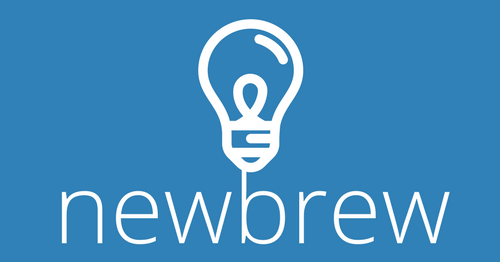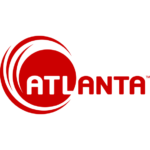I'm not sure how many people have heard of the Fairtax. Here is how it is described at www.fairtax.org:
The FairTax plan is a comprehensive proposal that replaces all federal income and payroll based taxes with an integrated approach including a progressive national retail sales tax, a prebate to ensure no American pays federal taxes on spending up to the poverty level, dollar-for-dollar federal revenue neutrality, and, through companion legislation, the repeal of the 16th Amendment.
The FairTax Act (HR 25, S 296) is nonpartisan legislation. It abolishes all federal personal and corporate income taxes, gift, estate, capital gains, alternative minimum, Social Security, Medicare, and self-employment taxes and replaces them with one simple, visible, federal retail sales tax administered primarily by existing state sales tax authorities.
The FairTax taxes us only on what we choose to spend on new goods or services, not on what we earn. The FairTax is a fair, efficient, transparent, and intelligent solution to the frustration and inequity of our current tax system.
Why else is it needed, compliance will be easier to manage. More than 80% of all tax returns are eliminated under the FairTax–every individual filing. What remains are retail outlets collecting the FairTax. Of these, 80 percent of all retail sales now occur at large retail chains like Wal-Mart. The point is oversight will still reside under the Treasury Department but the government's responsibility will be over a far smaller "universe" of tax collection points making compliance oversight far less costly and far more effective than the current system which costs $265 billion a year in compliance costs and still comes up $350 billion a year short of what is owed.
Also, The FairTax rate of 23% (when calculated inclusively like income tax rates) has been thoroughly researched to provide all the revenues now collected under both the income tax system and through FICA payroll taxes.
The FairTax actually eliminates and reimburses all federal taxes for those below the poverty line. This is accomplished through the universal prebate and by eliminating the highly regressive FICA payroll tax. Today, low and moderate income Americans pay far more in FICA taxes than income taxes. Those spending at twice the poverty level pay a FairTax of only 11.5 percent — a rate much lower than the income and payroll tax burden they bear today. Meanwhile, the wealthy pay the 23 percent retail sales tax on their retail purchases.
Imagine not having the "threat" of the IRS. No tax returns. Individual control of the money you earn. A system that has $22 million of dollars invested in research. A system that ensures that ill gotten gains are taxed (as people who make money want to buy things and thus will cause tax to be paid.) Where would companies based outside the US want to base their operation when the corporate income tax rate in the U.S. was 0%? The U.S. of course.
And there are so many economists (many at universities) who have vetted and support the plan.
The downside? Simplified taxation means less need for tax attorneys. Less need for tax accountants. Further, there aren't any "tax breaks" any more that politicians can use to earn votes. Further, people have total independence. They "own" their earnings. Government folks don't like losing control over people. Maybe that's a way to keep them "honest"!

